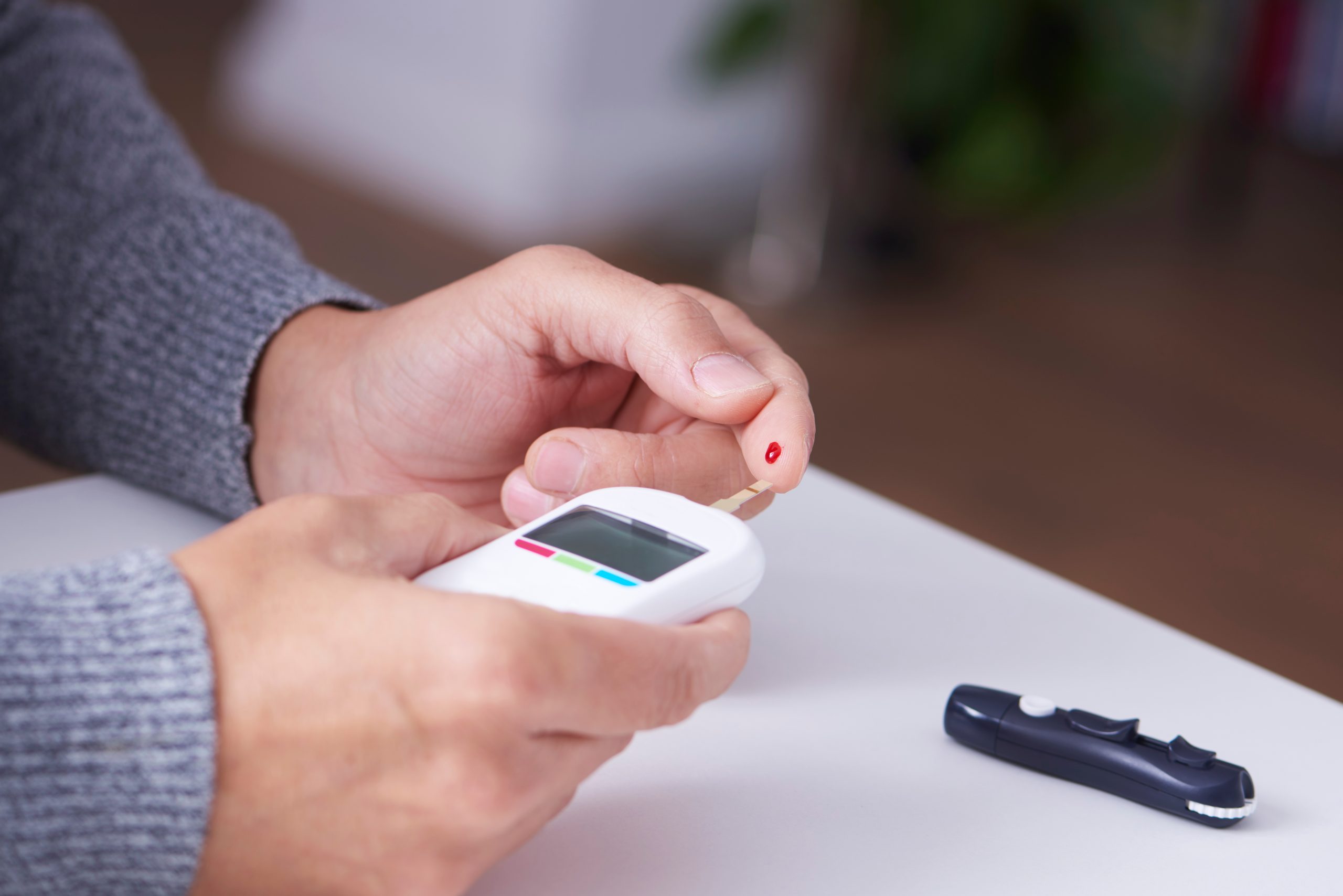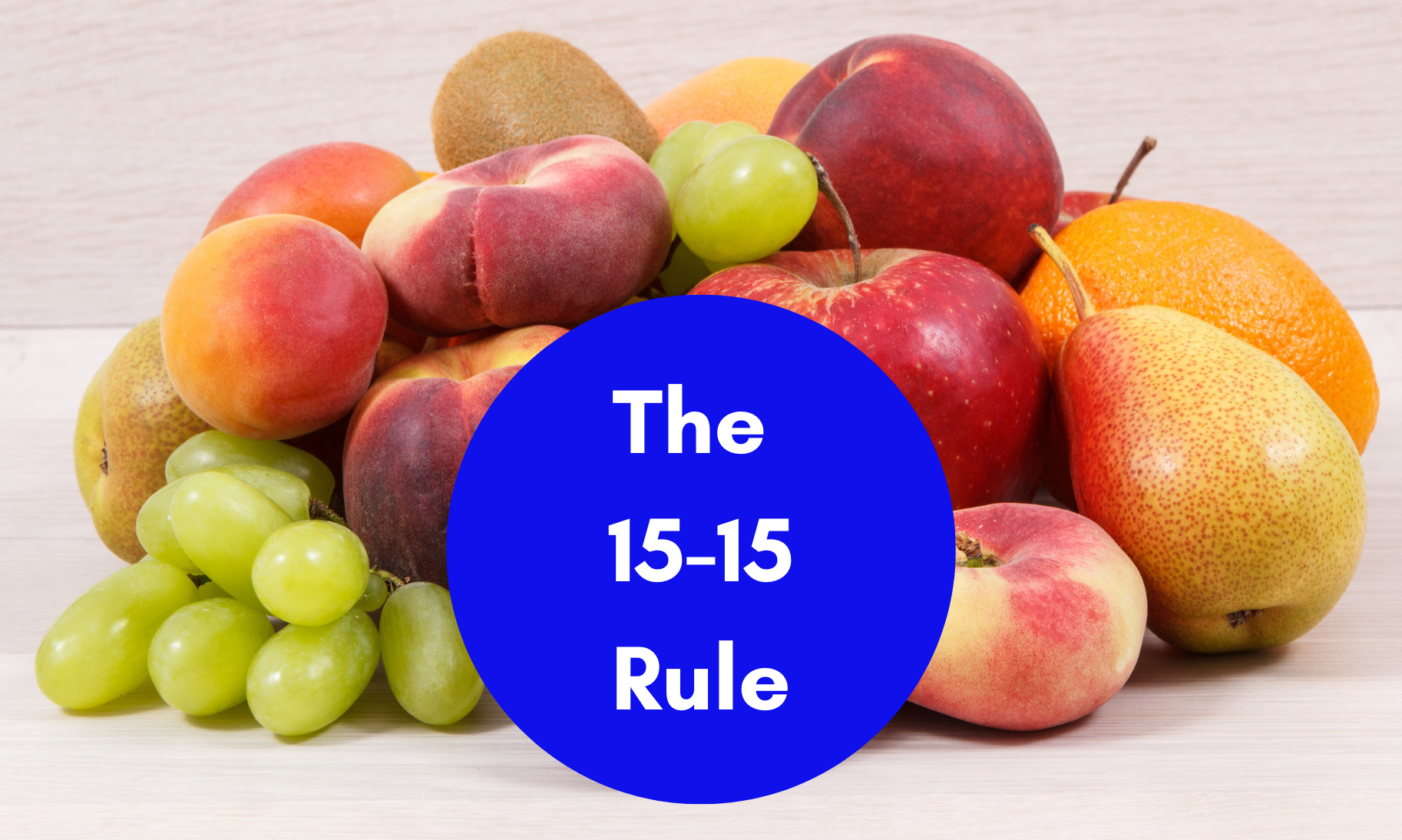High or low blood glucose making you irritable? Here’s why.

Blood sugar and irritability
Mood changes can be a common experience in people with diabetes. Nurse practitioner and certified diabetes educator Gina McKelvey has been living with diabetes for over 40 years, so she’s no stranger to a case of sugar swing-induced crankiness. Here, Gina addresses the effect blood sugar levels can have on your everyday emotions.
Low blood sugar irritability
One day, I was driving and was suddenly overcome by a feeling of intense sadness. I started to cry.
At the time, I thought I was reacting to a stressful week (I had been shopping for a home, but my offer had been rejected). Then, my Low Predictive alert sounded on my insulin pump, and I realized the reason for the sudden change in my emotions was because my blood glucose (BG) had been dropping and was approaching a low level.
Once my BG stabilized, I was fine. The sadness went away as quickly as it had come. Has this ever happened to you? Well, there is an explanation!
The reason is: Your brain!
Your brain, the center of your thoughts and emotions, needs glucose to do its job. If you don’t have enough glucose to “feed your brain,” your brain can go haywire.
Even though it seems like you are overly emotional, this is actually a physical response to low BG (aka hypoglycemia). You don’t have to be below a certain number, like 70 mg/dL, to experience this. Your BG may be in the 80–130 mg/dL range, or possibly higher, when the reaction occurs. It can be due to a rapid drop in your BG level instead of the actual level.1
High blood sugar can make you irritable, too
Can high BG (aka hyperglycemia) also affect your immediate emotions? It probably won’t surprise you that the answer is “yes.”
High blood sugar levels can make it difficult to think and concentrate. I know some people with diabetes tend to get grouchy and irritable when our sugar is high because any blood sugar outside of our desired range can make us feel weird, uncomfortable, and emotionally off-balance.2 This can all vary greatly from person to person, but it’s an interesting symptom to be aware of.
Friends and family will understand
Those who know me well know that if I say I am feeling “wonky” or “out of sorts,” or if I am acting out of character, it could be an issue with my sugar levels.
I must admit when these same people — people I care for deeply — suggest I check my BG, I have been known to react in a less than positive way (I owe them an apology later!). Thankfully, my friends and family members know the rudeness is not “me,” but my brain’s reaction to a lack of sugar/energy.
A sense of humor: Critical when living with diabetes!
Remember that candy bar advertisement from a few years ago that showed people who weren't being themselves because they were hungry? A friend would tell the person to eat the candy bar, and suddenly the behavior was gone, and the true person reappeared. The negative change in personality was caused by a lack of brain fuel. They needed sugar!
This may be a good way to explain it to your friends and family (when your sugar level is normal, of course). That way, they are less likely to be offended if you lash out at them. It may actually add some humor to an often difficult situation.
By the way, I am not suggesting you use a candy bar to treat a low BG, as it may have too much fat to treat a low. Always follow the advice of your healthcare team when treating low BGs!
Guest writer: Gina Addy McKelvey, FNP, CDE



